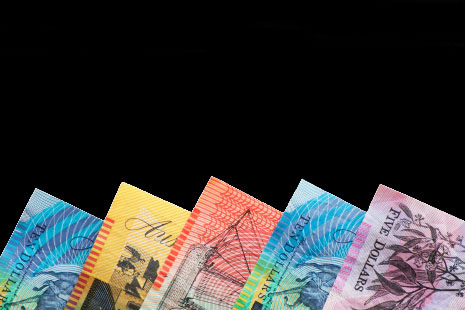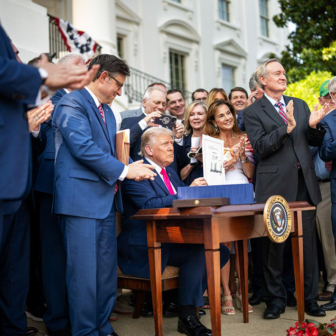TO PARAPHRASE former prime minister Paul Keating, you should never stand between a political party and a bucket of money. The major parties have become addicted to unlimited private funding and extremely generous public funding, with exponential increases in campaigning costs over recent years. But the increases have not been matched by prudent regulation. In fact, accountability and transparency were the big losers under the Howard government.
For these reasons, the Rudd government’s green paper on political finance, released last week, is a critically important step in determining the future direction of political funding and expenditure in Australia. Although the paper does not reveal anything new – apart from some updated campaign figures – it does draw together the main issues and arguments for a new regulatory regime. It will form the basis for future debate in this critical area.
The green paper identifies various regulatory options. These include introducing a cap on campaign expenditure, a cap on the size of donations or a combined cap on both expenditure and donations – or, less likely, a ban on all donations, with increased public funding filling the void.
Originally promised for July, the green paper has taken a disappointingly long time to appear, especially given its uncontroversial nature. It’s hard to know exactly why it has been buried in the bowels of the federal bureaucracy all these months.
According to the Special Minister of State, Senator John Faulkner, the delay is a result of the need for consultation with the states, but the arguments for and against various regimes are well-known, with political finance being the subject of numerous parliamentary committee inquiries in recent years. This year alone there have been at least five inquiries at federal and state levels. That it took so long to release a non-binding discussion paper does not augur well for the federal, state and territory government accord needed for a new regulatory system.
Despite the delay, the signs indicate a genuine desire and commitment on the part of the Rudd government, and particularly Senator Faulkner, to make political finance regulation more accountable. The government has already introduced legislation to do three important things: ban foreign donations; reduce the donation disclosure threshold from $10,900 to $1000; and close the loophole created by the fact that donations made to different divisions of a party are treated separately (which means that a person can donate a total of $98,100 to Labor or the Coalition parties and escape disclosure). The Coalition has been unwilling to support these measures.
More than a year after it came to government, Labor has still given no indication of which regulatory model it prefers. Does the government have a genuinely open mind about which approach to take, or is progress too difficult to achieve within the Labor Party? The latter, I suspect.
One indication of the internal fights going on inside Labor is the party’s commendable commitment to voluntarily disclosing all donations at fundraising events above $1000. Senator Faulkner says it would be hypocritical not to proceed this change, given that the legislation has already been introduced. But why aren’t all donations above $1000 disclosed, not just those from fundraising events? Perhaps that would be pushing the party’s bagmen too far. And besides, why should Labor give its opponents the distinct fundraising advantage of non-disclosure when the Coalition has been unwilling to give parliamentary support for the more transparent measures.
Despite the delays and non-committal approach of the Rudd government on political finance regulation, it is already way ahead of the Howard government in three significant areas. First, there is a genuine commitment to tackle these issues in a comprehensive manner, by addressing revenue and expenditure issues as a package.
Second, the current government is clearly moving in the direction of greater accountability and transparency. The Howard government increased the threshold for donation disclosure from $1500 to more than $10,000, allowing many more donors to make their donations without public scrutiny. This approach suited the Coalition’s aim of developing a secret funding base, but ran counter to fairness principles that call for voters being informed of how a party is financially supported. The Rudd government has already sought to reduce the threshold to $1000, but has been thwarted by opposition numbers in the Senate.
Finally, the Rudd government is committed to consultation with state governments and electoral commissions – and now, finally, with the Australian public. The Coalition, on the other hand, pushed its electoral finance changes through the parliament without any consultation at all, using its numbers in the Senate to stifle debate.
There are two months – until 23 February – for people to make submissions on the green paper. Submissions will be publicly available after that date, and it’s to be hoped that by then Labor’s position, and that of other political parties, will be clearer.
The government is also planning to release a second green paper on electoral reform, on broader electoral issues, in 2009, and is inviting submissions (also by 23 February) on what should be included in that paper. •




